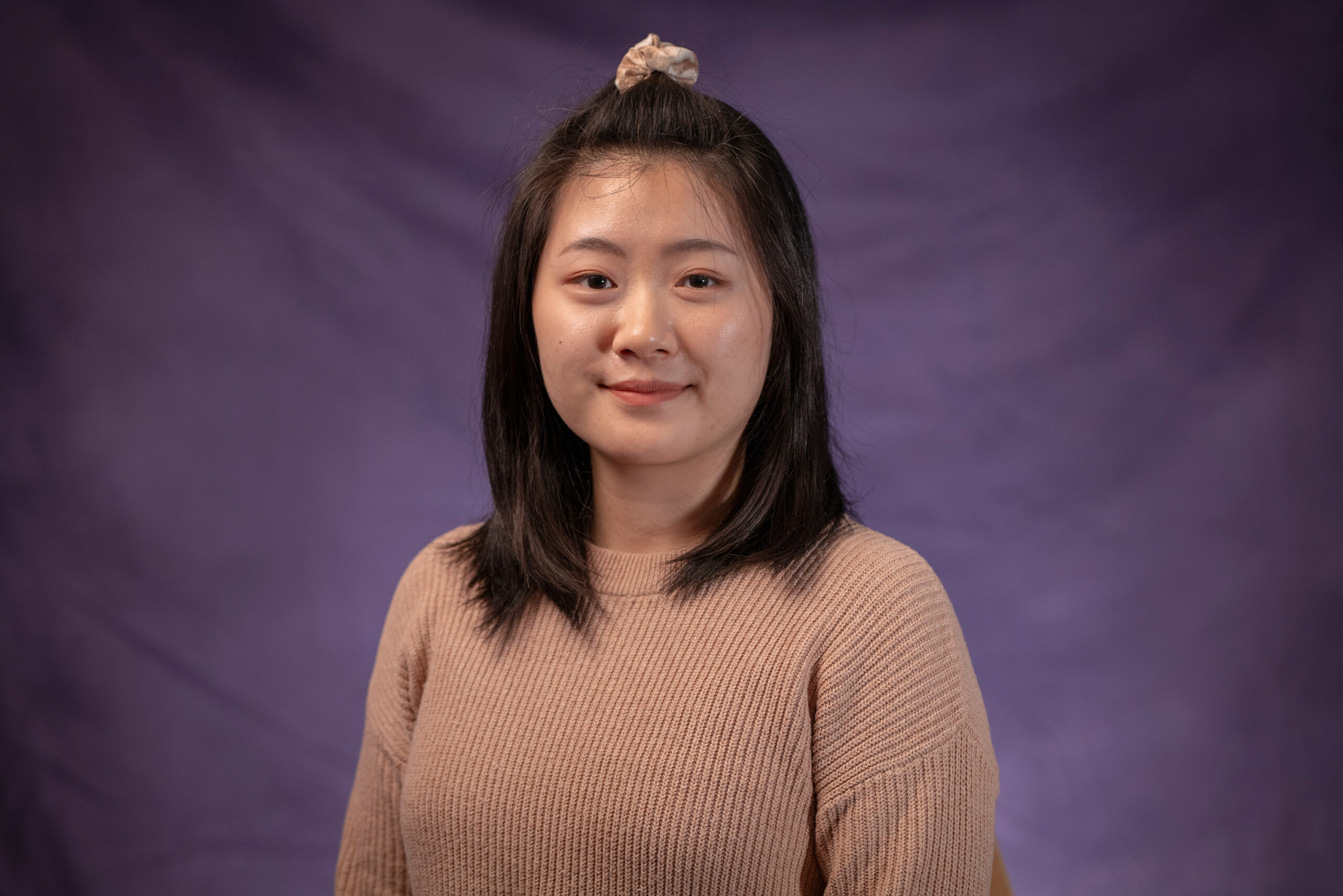
Hsin-Ni Lee is a UW School of Nursing BSN student and the de Tornyay Center for Healthy Aging’s 2023-2024 Myrene C. McAninch Undergraduate Scholar. Her de Tornyay Center project is on “The Relationship of Ageism, Aging, and Music on Cognitive Health: Perspectives of Mandarin-Speaking Older Adults,” and her project mentors are center director Basia Belza and center predoctoral scholar Sarah McKiddy.
Why did you choose nursing?
It all started with my mom because my mom is also a nurse, and she is a nursing instructor in Taiwan. So I grew up in the environment. It felt familiar to me. I remember I would go to school with her as a child. Going into all the skills labs and looking at the equipment and mannequins, it was really fascinating to me.
Also, when I got the chance to go into hospitals, whether it was going in myself or going with family members, it was cool to see the nurses use their skills. It made me think, oh, I think that’s something I would want to do someday.
I enjoy taking care of people, too.
Could you briefly describe your project with the de Tornyay Center?
I’m using the project that I’m currently working on for my BSN undergraduate research program. We’re looking at the cultural impacts on the aging experience of Mandarin-speaking elders and how music can be tailored as an intervention to promote healthy aging or improve health for this specific population.
What’s your role in this project?
My role and my other colleagues’ role is to recruit our interview participants to do interviews in their native language. I’m doing interviews in Mandarin with Mandarin-speaking elders, and we will be asking them about their perspectives on aging, how they feel about aging, how their culture views aging, and what their aging experience is in the U.S.
In the interview we will be playing music chosen by the interview participants, and we will discuss with them, how does this music make you feel, what kind of memories or feelings does it trigger? We also are going to ask them how they think music has a benefit on their health.
How did you first get involved in the project?
I applied to the BSN undergrad research program, and when I was applying for that, they had us write about our research interest. My research interest mainly surrounds older adults because I grew up living with my grandmother and saw her having struggles with her physical decline and mental struggles, too, because she has depression. It made me interested in improving especially mental health in our older population. So I wrote about that, and I got paired with faculty and a student from the de Tornyay Center for Healthy Aging.
Why is the work in this research project important to do?
When we were doing the literature review for the honors program, I found from the U.S. Census Bureau there’s an increasing population of foreign-born adults, and a good portion of these foreign-born older adults are from China.
I also found other information on the aging population of Asian Americans. They’re more likely to have negative experiences when aging due to language barriers and the lack of social services that are tailored to their culture. I think it shows the importance of focusing on the cultural aspect of how we can make interventions for the general public and also to not forget about the minority populations.
What made you want to do research?
I’ve got a little bit of experience in research. When I was in Taiwan, I worked as a research assistant for a nursing professor in Taiwan, and her study was to find out how inner ear disorders and constipation affect seniors’ daily lives.
My role was also to go around my community and recruit these older adults and do interviews about inner ear disorders and constipation and the effects it has on their daily lives. It was a really interesting experience for me because I have never been the person to interview other people, so it really helped me practice my communication skills.
And it was just a special experience, listening to people tell me about their problems and their struggles in daily life. It made me wish that there was something I could do for them. But it also felt really cool that all the information I was collecting would be used in a way that could somehow be beneficial to their future or help people in general.